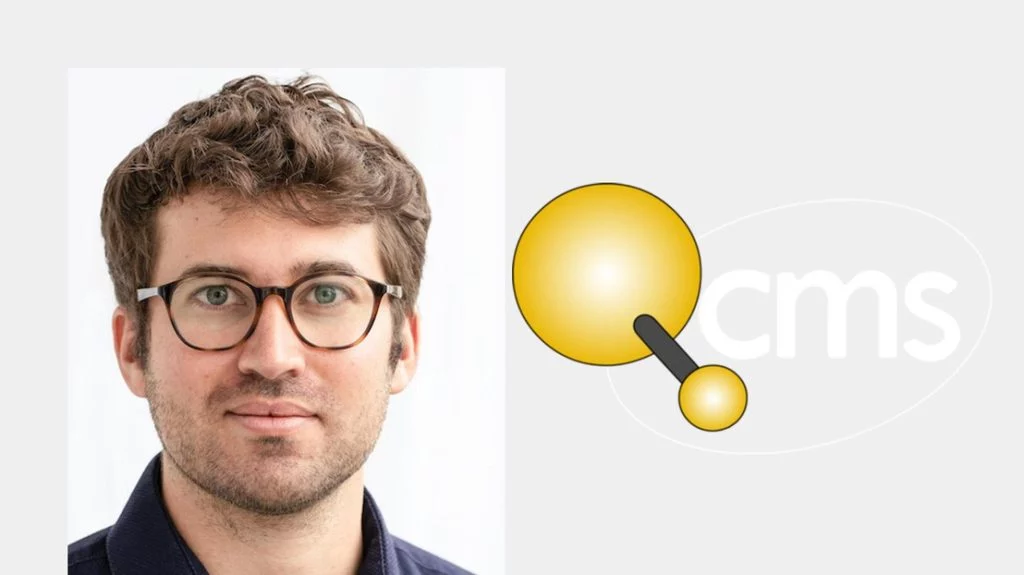EPFL professor Philippe Schwaller has been awarded the prestigious Hansch Award 2024 for his significant contributions to the field of chemoinformatics and quantitative structure-activity relationships (QSAR).

The Hansch and Fujita Awards are prestigious recognitions in the fields of chemoinformatics and quantitative structure–activity relationship (QSAR). They are named after pioneers Professor Corwin Hansch and Professor Toshio Fujita. The Hansch Award honors young scientists under the age of 40 who have made noteworthy advances in the field.
Presented at the European Symposium on QSAR (EuroQSAR), the Awards celebrate significant contributions to chemoinformatics and QSAR research.
Among the 2024 Hansch and Fujita Award recipients is Philippe Schwaller, professor at EPFL’s Institute of Chemical Sciences and Engineering (ISIC). Schwaller leads the Laboratory of Artificial Chemical Intelligence where his research focuses on AI-accelerated discovery and synthesis of molecules, integrating chemistry, materials science, computer science, and experimental research.
As a core principal investigator of NCCR Catalysis, Schwaller contributes to sustainable chemistry research, education, and innovation. His innovative work in applying artificial intelligence to chemical synthesis has earned him the Hansch Award 2024.
Schwaller received his bachelor’s and master’s degrees in Materials Science and Engineering from EPFL. While working for IBM Research, he completed an MPhil in Physics at the University of Cambridge and a PhD in Chemistry and Molecular Sciences with the Reymond group at the University of Bern. He represents a new generation of scientists with a wide-ranging set of skills, bridging multiple disciplines to advance the field of chemoinformatics.
Author: Nik Papageorgiou
Source: Basic Sciences / SB